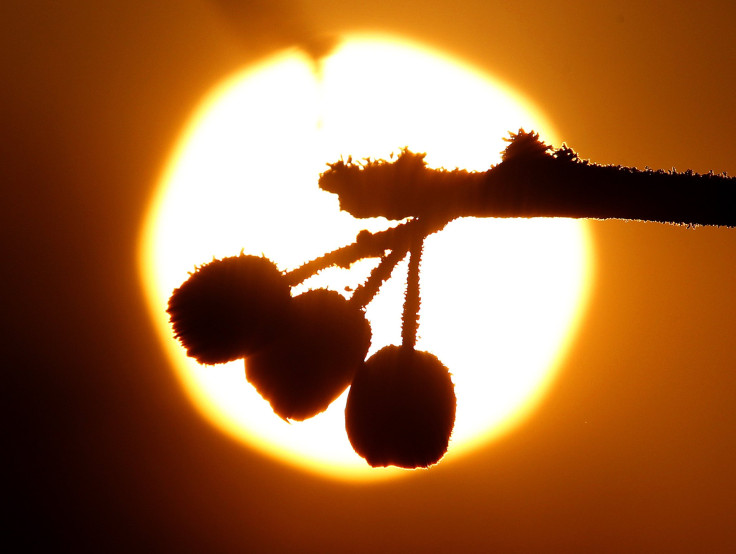Frozen Berries From China With Alleged Hepatitis A Wont Be Accepted Into Australian Borders

No less than Australian Prime Minister Tony Abbott has declared that the imports of the frozen berries implicated in an alleged hepatitis A outbreak be stopped at the borders.
Mr Abbott, quoted by the The Daily Telegraph, said the products would be immediately “stopped at the border” because they aren’t fit “for human consumption.” This could further affect payout figures that Patties Foods has earmarked for shareholders. A report by The Australian said the company had scrapped its interim dividend as it weighs the financial fallout from the recall of its affected brands. As of Tuesday, shares in the small frozen savoury and dessert company have dropped 3.6 percent.
At least 18 people have been infected by the Hepatitis A outbreak after consuming the Nanna's and Creative Gourmet berries of Patties. It forced the latter to implement a voluntary recall, despite lack of evidence from accredited laboratories that the hepatitis A virus did originate from it.
The company is bracing for a potential impact to its balance sheet from the recall and potential link of its products to an outbreak of hepatitis A across Australia. On Monday when it released its interim result, the company said its net profit dropped 6.1 percent to $8.2 million as sales rose 9.1 percent to $138.1 million.
Despite so far only the Nanna's Mixed Berries product has been linked with the outbreak, a spokesperson from the Health Department said the source of the hepatitis A outbreak remain unconfirmed. But “the berries are the only common exposure for cases,” the Heath Department said in a statement on Saturday.
Steven Chaur, Patties CEO, said the company will definitely need to review its entire supply chain if the test do come up positive against their berries. "There's a number of factors to look at, in terms of the impact on the supply chain, the impact on the category with our retailers, whether the category will recover etc," the Sydney Morning Herald quoted Chaur. The suspected berries are sourced in China and Chile.
To report problems or to leave feedback about this article, e-mail: e.misa@ibtimes.com.au.






